Gordon Connelly says Ross County’s drive to reach the Scottish league made his stay in Dingwall a far longer one than anticipated.
As a 20-year-old struggling for game-time with Dunfermline in the Premier League, Connelly was given the chance to make the switch to Highland League County on an initial one-month loan in 1987.
Despite struggling to place Dingwall on a map, Stirling-born Connelly agreed to make the move in search of first team action.
The Staggies were embarking on a new era under Bobby Wilson, having finished bottom of the Highland League in the previous season.
After making the switch, Connelly quickly sensed something special was brewing at Victoria Park – which prompted him to ultimately make his loan spell permanent.
The playmaker proved an instrumental force for the Staggies over the forthcoming decade, during which he made 386 appearances and netted 101 goals, and went on to become club captain.
Connelly recalls the sequence of events which led him to first moving to the Highlands – where he is still based to this day.
Dingwall move came as a surprise
He said: “I always remember the call – we were training at Dunfermline, and Jim Leishman, being the character everyone knows, shouted ‘wee man’ and pulled me aside.
“He told me he had Bobby Wilson on the phone from Ross County, who wanted me to go up on loan.
“I make no secret of it – my response was: ‘Who on earth are Ross County, and where is Dingwall?’
“I had no idea. I was from Stirling and had not been to the Highlands.
“Bobby travelled down to Stirling to meet me and my parents, and spoke so well about his vision for Ross County.
“We agreed to have a bash at it. I agreed to go for a month, and over 300 appearances, more than 100 goals, and 11 years later I was still there. I never went back.
“Jim Leishman still tells the story that Bobby still owes £3,000 for me, as he never got it. But that’s between those two.”
Ross County made big Highland League strides
Wilson soon led County to a vast improvement in fortunes, most notably back-to-back Highland League titles in 1991 and 1992.
The second of those was a quadruple-winning campaign, in which the Staggies also claimed Highland League Cup, North of Scotland Cup and Inverness Cup triumphs.
Connelly reckons that campaign was a key moment in changing County’s mindset towards pushing for a place in the Scottish league.
He added: “I just knew something was happening.
“It was a long journey for us to get there. Bobby had that plan and vision, and he just kept on adding one or two players each year.
“I was the playmaker. We played with two wingers, so it was quite simple – Robbie Williamson would win it and give it to me, and my role was to play the passes that hurt teams.
“I managed to lift a few trophies with the armband, which are special memories.
“We knew we had to continue to grow and win things.
“I remember winning the second title, and that’s when the party started.
“We knew the second title was important to where we wanted to be in the senior league. After that, we knew then we could compete.
“We wanted to get to senior football, that was Bobby’s vision and that was taking another step towards it.
“Anybody can win a title, but can they retain it? That was the difference you saw in the clubs like Huntly that won it five years in a row, and Caley who kept churning them out.
“We were then seen as a top side.”
Staggies’ big opportunity arrived in 1994
County’s opportunity to make the step up eventually came in 1994 when they, along with the newly-merged Caley Thistle, were voted into the Scottish league setup by the 38 member clubs at the time.
The vote came just days after a stunning 4-0 away triumph over Second Division Forfar Athletic in the Scottish Cup.
Connelly says the outcome was just reward for Wilson’s steely determination to progress the club from the modest starting point he inherited.
Connelly added: “It was Bobby’s dream in 1987. That’s what he came to the club for.
“They were working behind the scenes. People thought it was a pipe dream, and that it would never happen.
“Caley were doing the same, they were getting a few scalps in the Scottish Cup and teams didn’t like that.
“We were getting noticed again and took a few scalps. Not big teams, but we were beating the likes of Queen of the South and Forfar.
“Behind the scenes, Bobby was working on a plan with the chairman Hector MacLennan.
“We all wanted it. We knew there was going to be change, and that we would have to change, but it was so exciting.
“When we got in, I was so chuffed for Bobby. People probably thought he was stupid, but he was a step ahead of his time.
“We did it in style with the way we played, and we didn’t change for anyone.”
Special homecoming against Wasps
It is 30 years ago on Tuesday since County played their first Scottish league match – triumphing 2-0 against Cowdenbeath to get off to a flying start in Division Three.
Connelly was among the substitutes on his return from injury, with Billy Herd netting the first Staggies’ league goal, before Jamie MacPherson added a second.
One of Connelly’s standout memories from his Staggies career came later that season, when he netted a double in a 3-2 victory away to Alloa Athletic in the Scottish Cup.
It came less than 12 months after County had been knocked out of the same competition by the Wasps, in the round which followed their memorable win over Forfar.
For Connelly, the opportunity to showcase his development in the Highlands – less than eight miles from where he grew up – was a moment he cherished.
He added: “People ask me about the most memorable games, and they look towards Forfar, Queen of the South and Gala Fairydean.
“They weren’t for me. My most memorable games were the two against Alloa.
“That was me back, virtually at my hometown. My parents got to see me, because I had left 10 years before that and they had barely got to see me kick a ball.
“I played well and scored a couple of goals, and they saw how I had developed, and how I had developed as a person.
“When you leave home and pack your bags, then 10 or 11 years later on your parents get to see what you have become.
“They were probably disappointed I left home to play for Ross County at the time, but I don’t have any regrets now. It was a wonderful decision.”
Wilson’s side laid Ross County foundations
Connelly remained at Victoria Park until 1997 when he joined Wick Academy, at a time when the Staggies were pushing towards a full-time model.
The 56-year-old returned to Dingwall as a coach under Derek Adams, Willie McStay and Jimmy Calderwood, and has also had spells managing in the Highland League with Forres Mechanics and Wick Academy.
The Staggies have gone on to achieve huge success, with the current campaign their 12th from the last 13 in Scotland’s top-flight.
Connelly takes pride in the crucial role he and his team-mates played in the now-Premiership club’s rise.
He added: “From our journey to where the club is now, all the guys that played in that team are so proud of the foundations they laid, to what they see nowadays.
“When I go to watch them nowadays, I look around and it’s a wonderful stadium and setup.
“I pinch myself thinking I was part of this journey.
“I’m proud to say that we laid the foundations – there is no doubting that.”
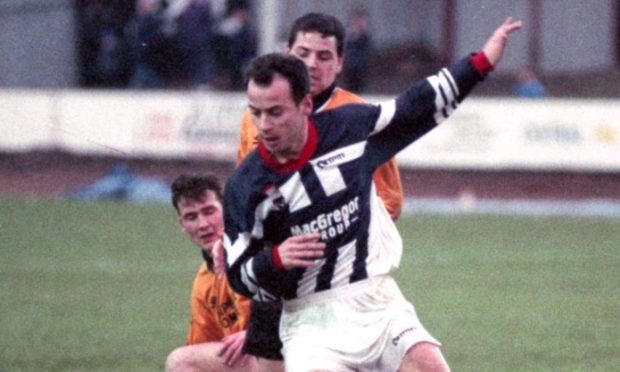
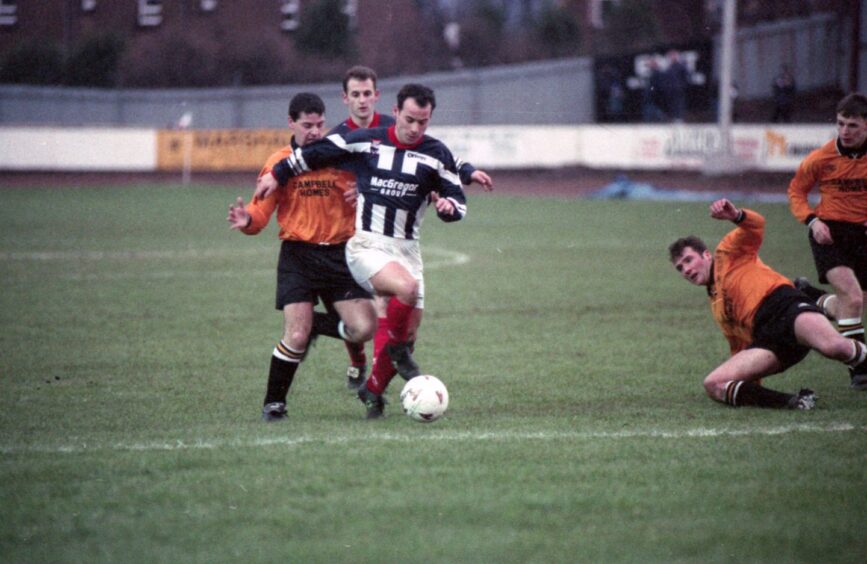
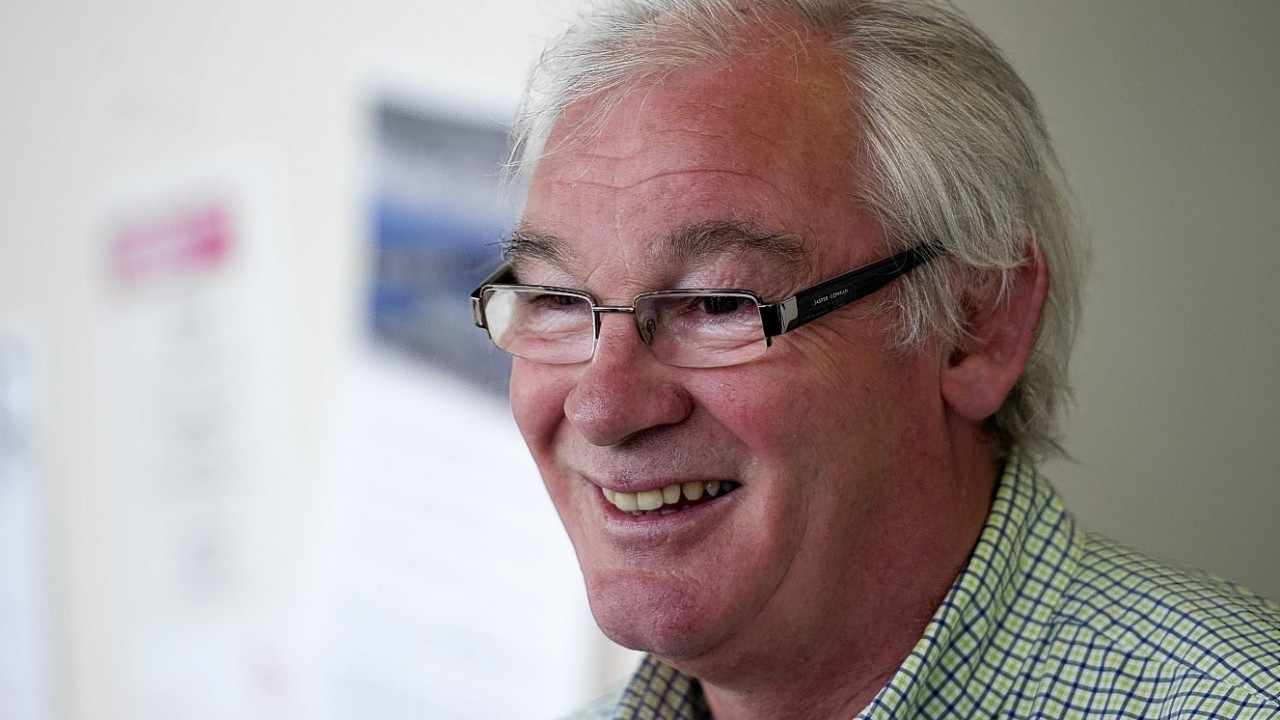
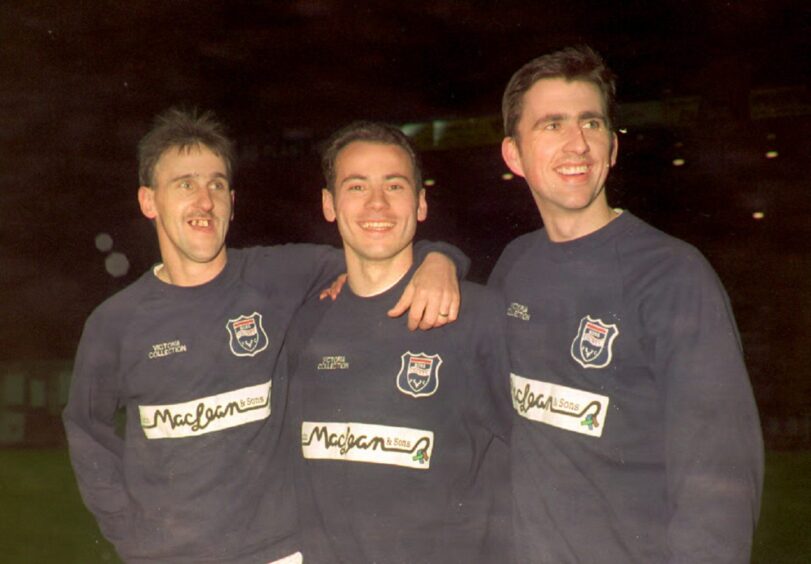
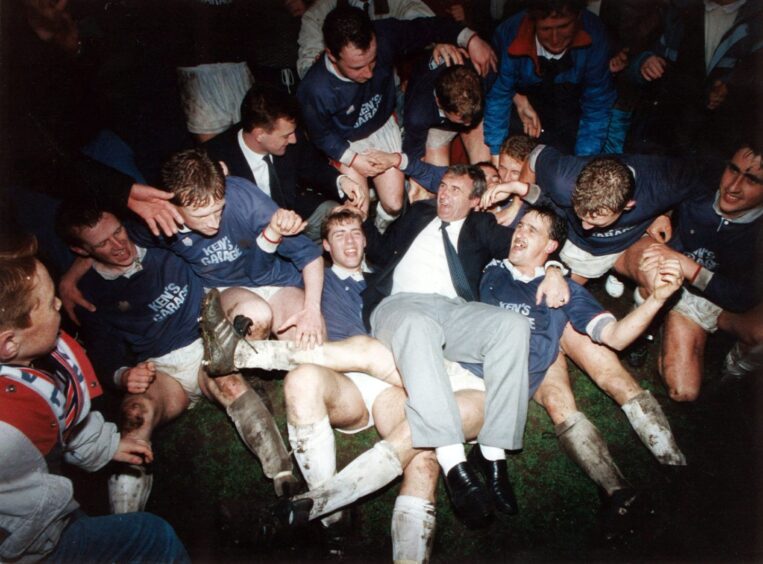
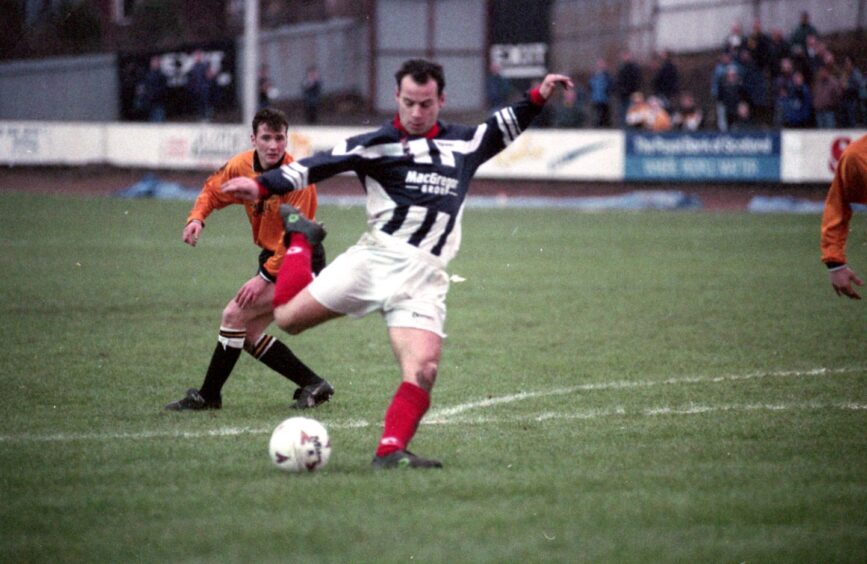
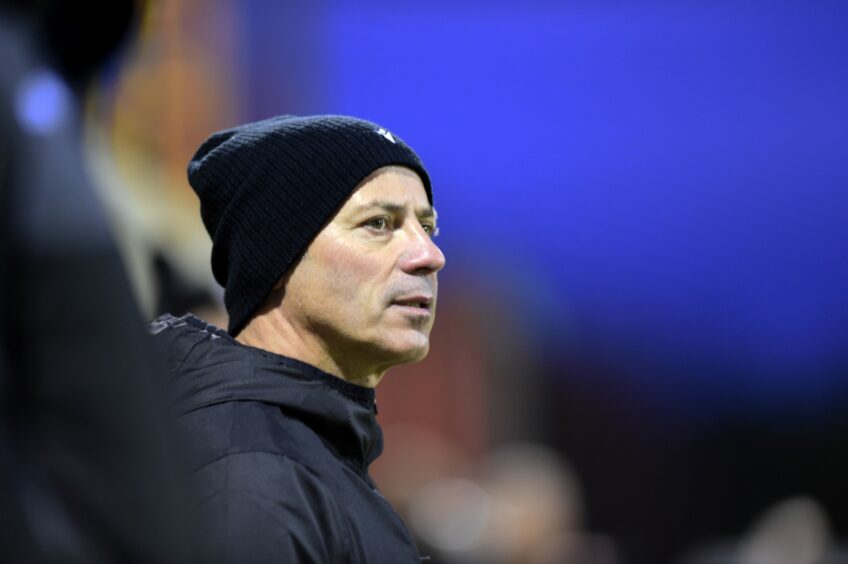
Conversation